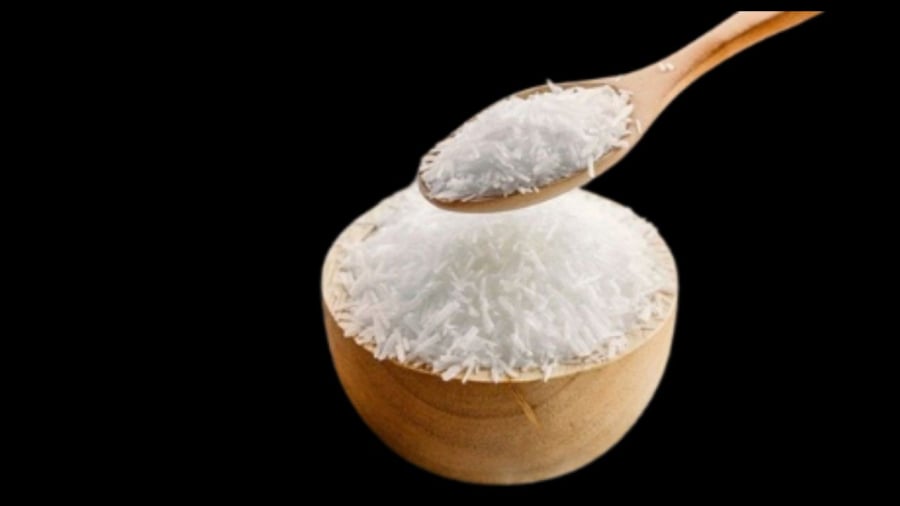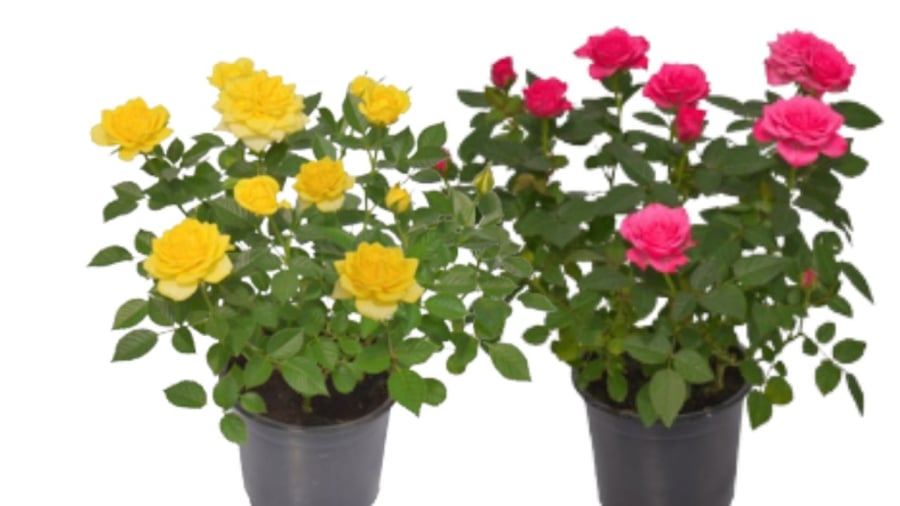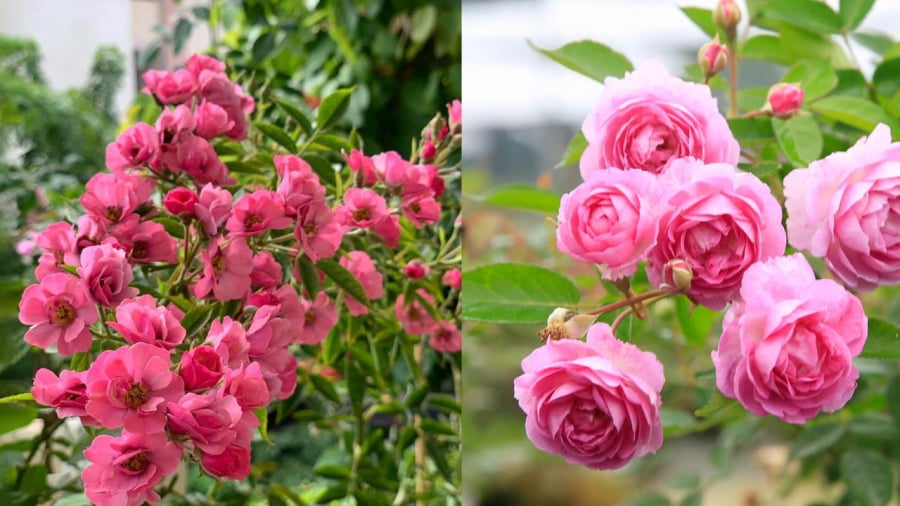Growing roses is a favorite hobby for many gardeners, but not everyone succeeds in producing abundant blooms. To achieve a flourishing rose garden, it’s essential to pay attention to proper care, fertilization, and pruning techniques. Roses are delicate creatures and require meticulous attention; remember to prune them after each flowering season.
Additionally, here are some unique “treats” your roses will love:
Sugar and MSG Water
While sugar and MSG are commonly used in cooking, they can also benefit your roses. Prepare a highly diluted solution of sugar and MSG, and occasionally water your roses with it. This concoction stimulates root growth and promotes overall plant health. However, it’s crucial to maintain a very low concentration, approximately 1:500, and limit applications to twice a month for optimal results.

MSG promotes healthier rose growth
Eggshells and Egg Water
Eggshells and egg water are rich in calcium, an essential nutrient for roses. Crushed eggshells, available at gardening stores, help aerate the soil while providing slow-release nutrients that strengthen your roses. They also improve soil drainage and protect against pests and snails.
Make use of those eggshells by crushing them and adding them to your rose pots. Egg water, once cooled, can also be used to water your roses, providing a boost of calcium.

Well-cared-for rose bushes produce abundant blooms
Coffee Grounds and Tea Leaves
Don’t discard those used coffee grounds or tea leaves! They make excellent organic fertilizer for your roses. Collect and compost them before adding them to your rose beds. Coffee grounds contain residual nutrients and fiber, improving soil structure. If you’re short on time, you can even apply them directly to the soil without composting.
Rice Water
Rice water is a natural nutrient boost for your roses. By simply retaining the water used for rinsing rice and using it to water your roses weekly, you provide them with organic nourishment. Fermented rice water is especially beneficial as a safe and natural fertilizer. Remember to strain the rice water before using it, and always water around the base of the plant, avoiding the leaves, to prevent pest problems. Rice water is packed with nutrients that promote healthier, more vibrant roses with fuller blooms.

Rice water is excellent for roses
Banana Peels
Chopped-up banana peels make a great addition to your rose pots. Bury them in the soil, and you’ll notice more abundant blooms with larger, healthier petals. Banana peels are rich in nutrients and fiber, improving soil aeration and moisture retention. You can also use banana peels as a base layer in your pots before planting to ensure good drainage and create a healthy environment for your roses to thrive.
Old Vegetable Stems
Instead of tossing those old vegetable stems into the trash, chop them up and use them as mulch. The stems will help retain moisture in the soil during hot summer months and maintain a healthy population of beneficial microorganisms, resulting in richer, more fertile soil.
With these simple yet effective tips, you can transform your kitchen waste into valuable nutrients for your rose garden, promoting healthier and more vibrant blooms.



































